Reinforce your students' understanding of sound energy concepts with this set of 10 interactive activities.
Sound Energy Exploration: Interactive Activity
This dynamic teaching resource is designed for students in Grades 3, 4, and 5 and requires students to answer questions and show their knowledge of sound energy. The resource 10 engaging interactive activities, each carefully crafted to reinforce the identification and description of sound energy concepts.
The primary goal of this resource is to provide an immersive and hands-on experience for students to deepen their understanding of sound energy.
How to Teach Using this Interactive Activity:
To make teaching easier, the download includes detailed instructions for implementing the interactive activities in the classroom. Students will actively engage with the content, participating in tasks that encourage the identification and description of sound energy. The interactive nature of the activities caters to various learning styles, making it suitable for individual activities, guided group sessions, center/station activities, or as a captivating whole-class experience.

No additional tools are required for the use of this resource, simplifying its integration into lesson plans.
Differentiation Options
For students seeking a challenge, teachers can encourage them to assume a mentorship role, aiding classmates who may require additional assistance. This peer-assisted approach not only reinforces the knowledge for high-achieving students but also fosters a supportive learning environment.
To support students struggling with the concept, teachers can implement scaffolded learning strategies by inviting students to collaborate on the tasks. This cooperative approach allows struggling students to benefit from the insights and support of their peers, fostering a sense of shared achievement.
Download and Go!
Click the download button and choose between the interactive Google Slides or PowerPoint Presentation. No matter which one you choose, you will want to make sure you play the activity in edit mode rather than the presentation mode. This is what allows the activity to remain interactive!
This teaching resource was created by Lindsey Phillips, a teacher in Michigan and Teach Starter Collaborator.
Here Are Some More Great Sound Energy Teaching Resources:
Use this sound energy experiment to help your students visualize sound using everyday items. Immerse your students in an auditory adventure, exploring sound energy with this engaging experiment. Engage your class with this sound energy exploration! This simple experiment will show students how sound is produced by a source and can be sensed.
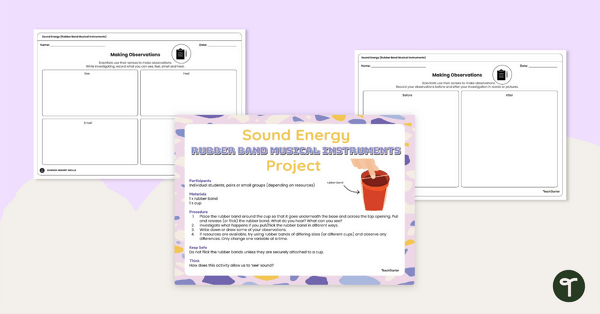
teaching resource
Sound Energy Project (Rubber Band Musical Instruments)
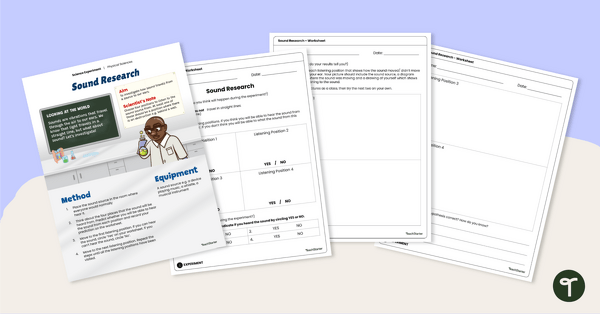
teaching resource
Sound Research Science Experiment for Kids
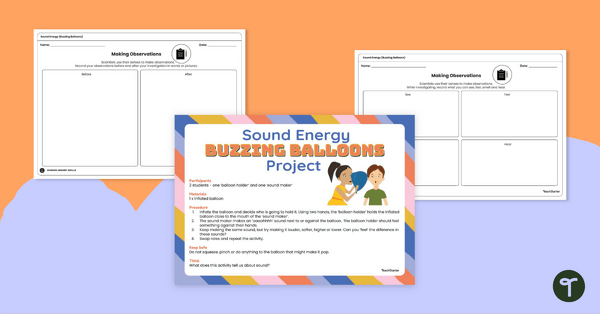
teaching resource
Sound Energy Project (Buzzing Balloons)
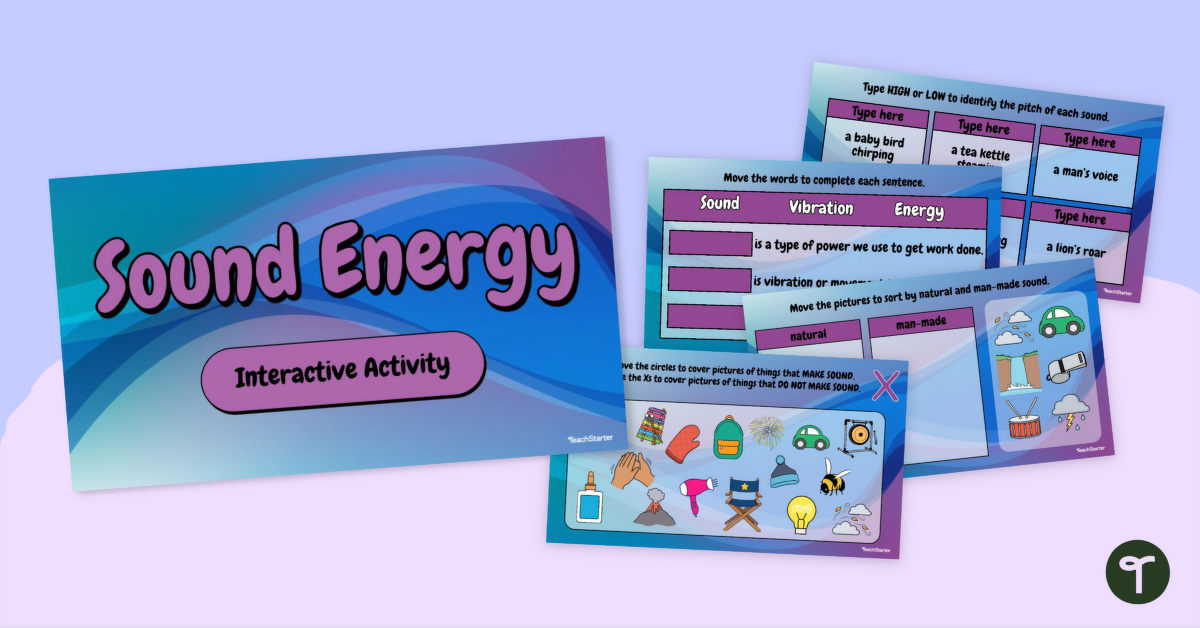

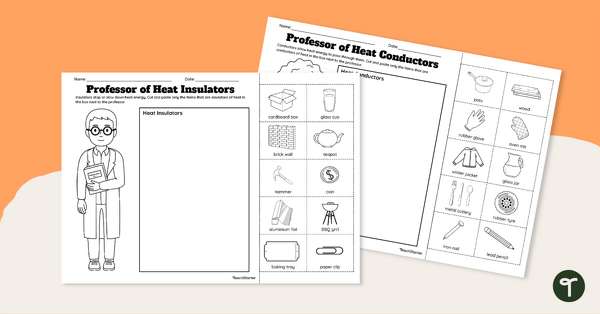
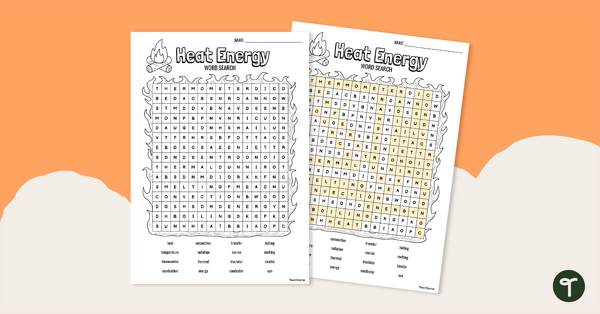
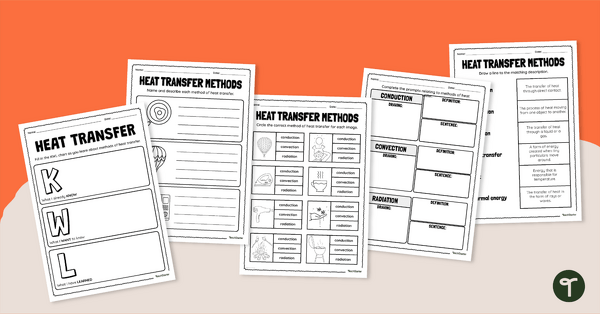
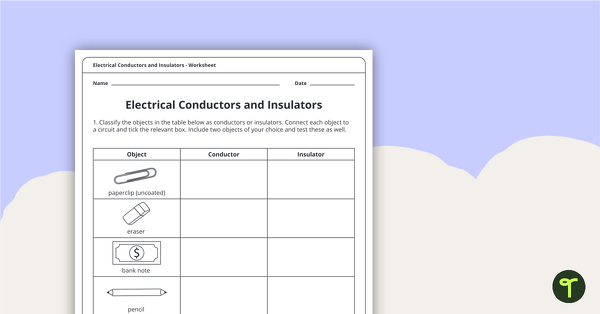
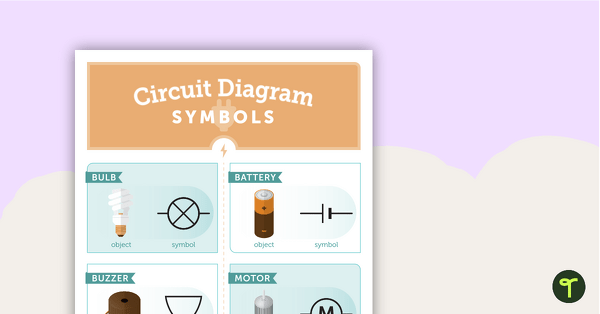
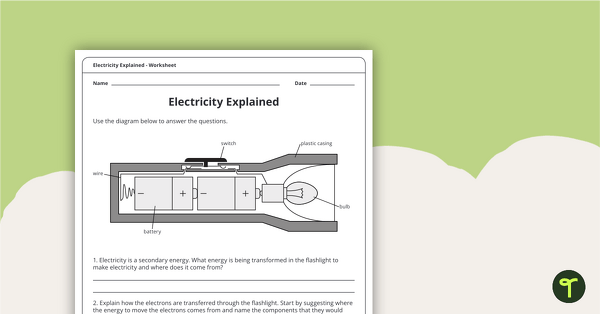
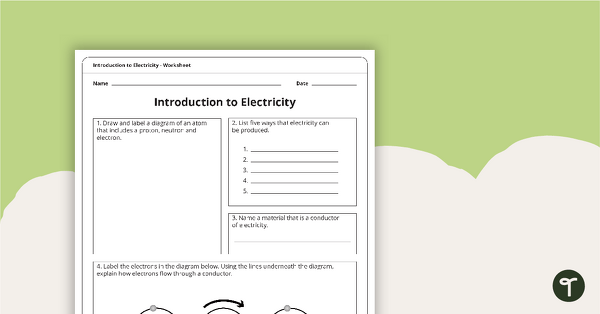
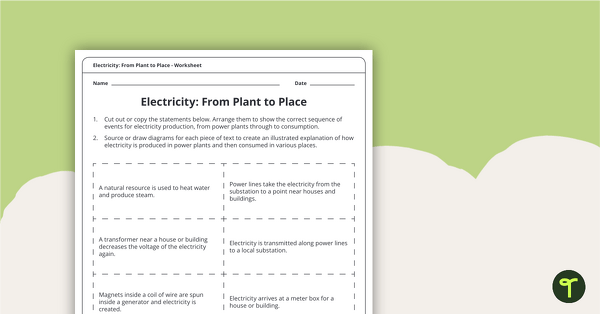
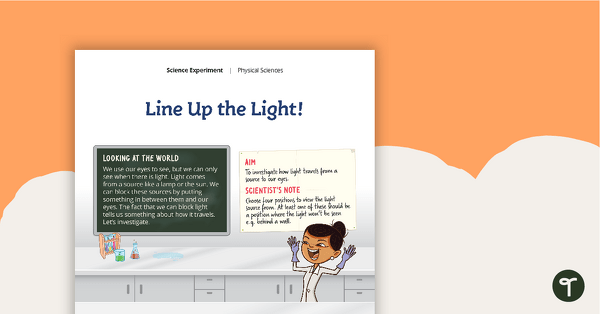
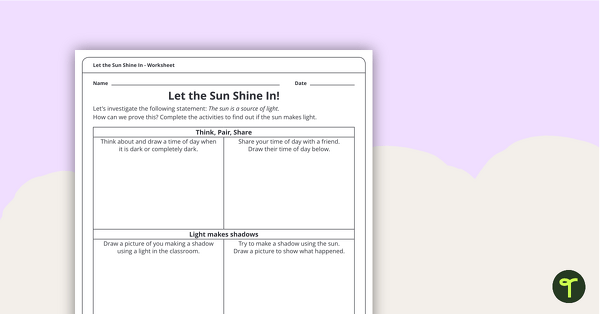
0 Comments
Write a review to help other teachers and parents like yourself. If you'd like to request a change to this resource, or report an error, select the corresponding tab above.